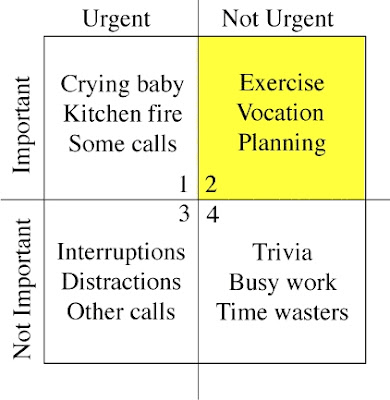
Bacteria in ocean sediments appear to string together nanowires to connect complementary but spatially separated chemical processes, according to a new study. The finding is the first example of a natural electrical circuit bridging a macroscopic gap, in this case more than a centimeter across, to mediate a biogeochemical process on either side.
Below the sediment surface there is plenty of hydrogen sulfide and carbon for bacteria to consume via oxidation, or removing electrons, but the electron acceptor is up at the sediment surface, in the form of dissolved oxygen in the overlying water. So the bacteria evidently form a sort of conductive chain, comprising biological nanowires and possibly pyrite grains embedded in the mud, that allows electrons from the oxidation of hydrogen sulfide and carbon within the sediment to contribute to the reduction of oxygen by other microbes at the sediment surface.
"It's such a smart thing for bacteria to make this electric connection," says Lars Peter Nielsen, a biologist at the University of Aarhus in Denmark who led the research, published in the February 25 issue of Nature. (Scientific American is part of Nature Publishing Group.) Bacteria sitting in the top layer of sediment receive electrons that they use to consume oxygen from oxygen-deprived but well-nourished bacteria deep down, which consume hydrogen sulfide and carbon. "It's a very smart division of labor in which there's certainly a strong evolutionary fitness," Nielsen says.
The researchers made the discovery by accident, Nielsen says. He and his colleagues noticed something odd in glass tubes containing seafloor mud from nearby Aarhus harbor and Aarhus Bay that had been left undisturbed for weeks following an experiment. Oxygen from seawater permeated only the upper millimeter or so of sediment, but the researchers noticed something happening much deeper in the mud, more than a centimeter below, as if oxygen were available down there, as well. "We could see that the hydrogen sulfide—that's what makes the mud stink—had disappeared in this part of the sediment, which in this context could only be due to reaction with oxygen," Nielsen says. "But there was no oxygen." The explanation, he says, came to him late one night: What if there were some sort of wire linking the two regions?
As it turned out, other research groups had shown that some bacteria can transfer electrons via conductive pili, tiny hairs extending far beyond a bacterium's body that can act as nanowires. In 2005 microbiologist Gemma Reguera, then at the University of Massachusetts Amherst, demonstrated with her colleagues the existence of such bacterial nanowires in Geobacter sulfurreducens. (Nielsen says that he and his colleagues have not identified the bacterial species that provide conductivity in the seafloor mud.)
Reguera, now at Michigan State University, says the new research finally establishes that the bio-nanowires play a role in nature. "There's a lot of buzz about whether we can measure conductivity in the sediment and relate it to biology and microbes, but there has never been the proof," Reguera says. "This paper actually proved it." She notes that the study's authors took great pains to exclude other possible explanations for the subsurface oxidation, whether from sediment mixing by tiny organisms or from oxidation by nonbiological agents such as nitrates and metallic oxides.
"At the end of the day, the key in this study is really the velocity of the response—how fast the electrons transfer across the sediments," Reguera says. When the researchers switched the electric current off by deoxygenating the water, thereby removing the electron acceptor at the sediment surface, the depth of the hydrogen sulfide layer in the sediment rose in less than an hour, as deeper microbes could no longer consume it. "There is nothing known that could explain it but bacterial nanowires," Reguera says.
source:- scientificamerican.com

